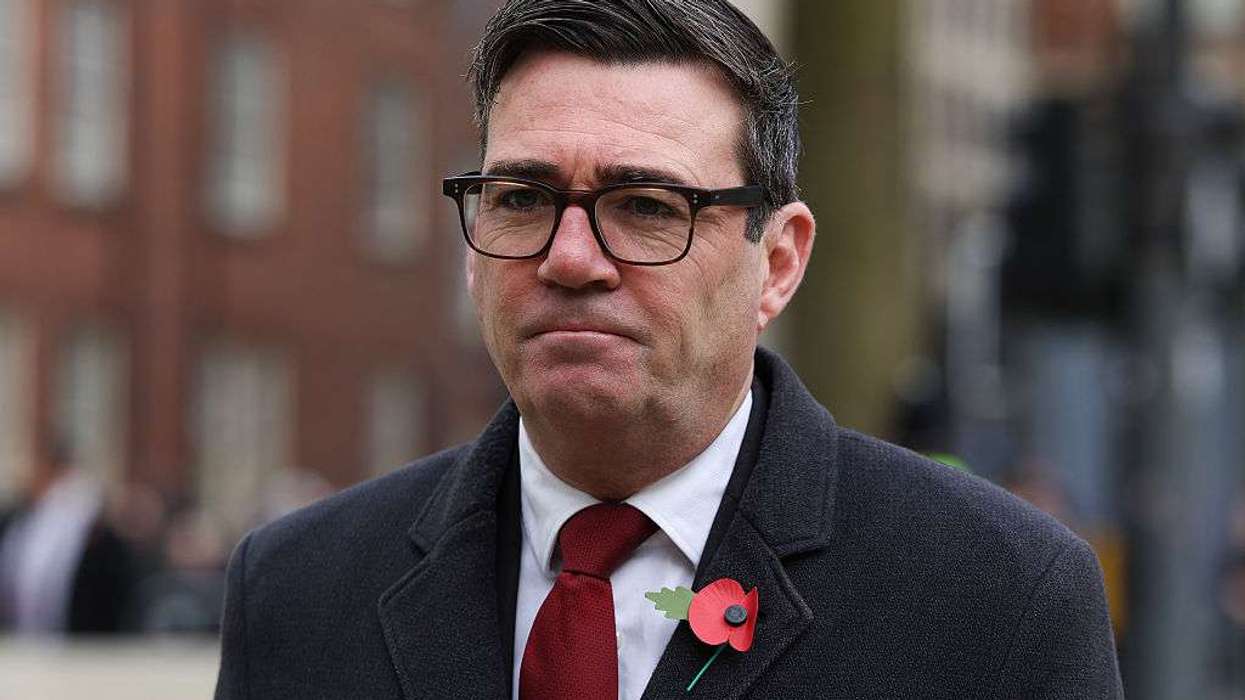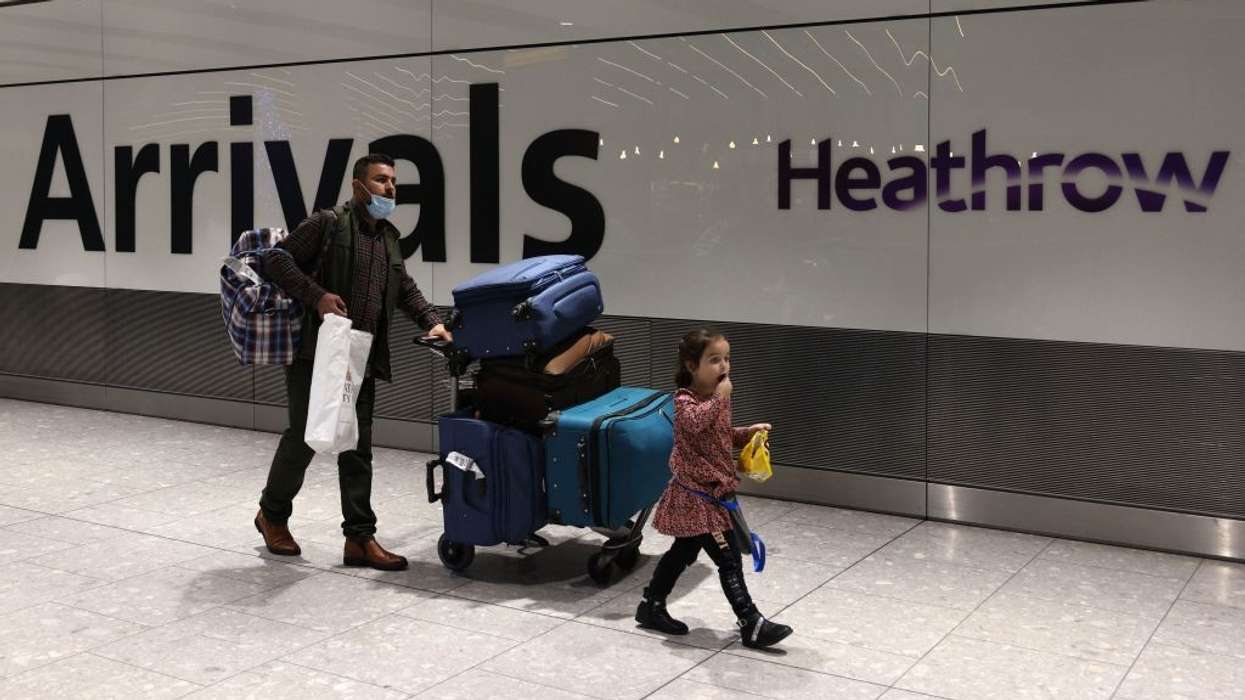SHEFFIELD UNITED have signed Leicester City midfielder Hamza Choudhury on loan until the end of the season.
The 27-year-old, who has made 91 league appearances for Leicester, is one of the few footballers of South Asian descent in English football. He brings experience and versatility to the Blades as they push for promotion.
Choudhury was born in Loughborough, England, and is of Bangladeshi and Grenadian descent. His mother hails from Sylhet in Bangladesh, while his father is from Grenada.
Choudhury joined Leicester City’s academy at the age of seven and progressed through the ranks before making his first-team debut in 2017. Known for his defensive capabilities and work ethic, he became a valuable squad member and contributed to Leicester’s FA Cup triumph in 2021.
He had a loan spell at League One leaders Burton Albion in 2016, debuting on 27 February in a 0–0 draw against Walsall. He rejoined Burton for the 2016–17 season and featured in their first-ever Championship match, a 4–3 defeat to Nottingham Forest.
Choudhury debuted for Leicester City on 19 September 2017 in a 2–0 EFL Cup win over Liverpool and made his Premier League debut on 28 November. He scored his first senior goal on 1 January 2020 in a 3–0 win at Newcastle. On 22 October 2020, he became the first player of Bangladeshi descent to appear and score in a European competition.
Internationally, Choudhury made his debut for England’s under-21 team on 26 May 2018. He was included in England's squad for the 2019 UEFA European Under-21 Championship, where he received a straight red card in a 2–1 defeat to France.
Eligible for Bangladesh, Grenada, and England, Choudhury switched allegiance to Bangladesh in December 2024. This makes him the first Premier League player to represent Bangladesh, who are ranked 185th in FIFA's world rankings.
"We are pleased to inform that Hamza Dewan Choudhury has been cleared to play for Bangladesh," announced the Bangladesh Football Federation.
At Sheffield United, Choudhury will reunite with manager Chris Wilder, who coached him during a loan spell at Watford in the 2022–23 season.
“It has been going on for a couple of weeks, but I’m happy to be here and ready to get going,” Choudhury said. “I’ve seen the position that the team has put itself in, and I want to come here and help.”
He is expected to make his debut in the club’s next league fixture against Derby County.
As Sheffield United aim for Premier League promotion, Choudhury’s experience and leadership are expected to bolster the squad.





